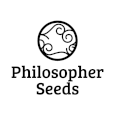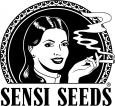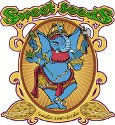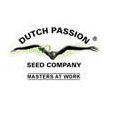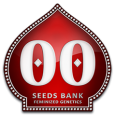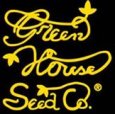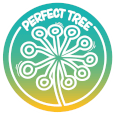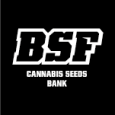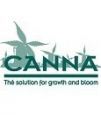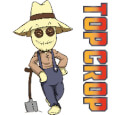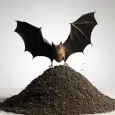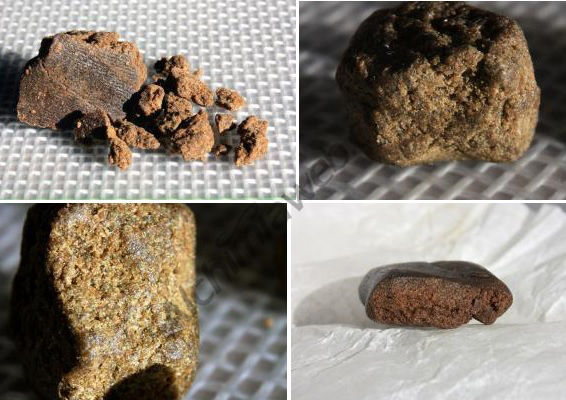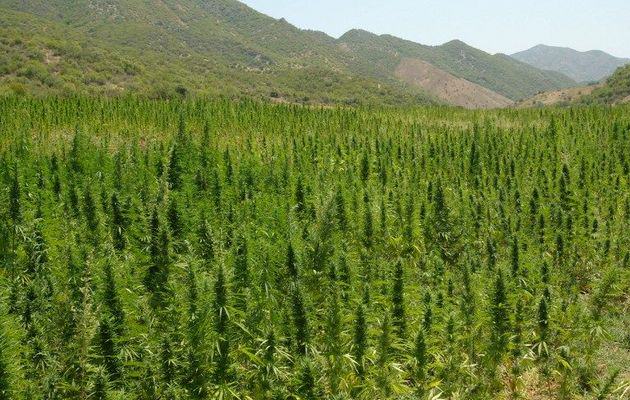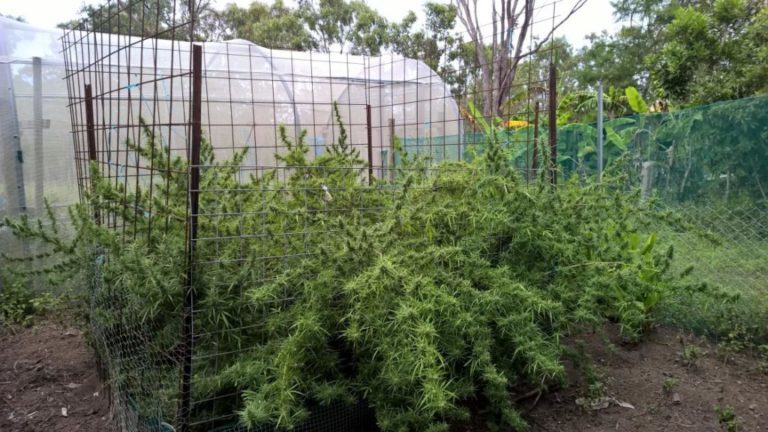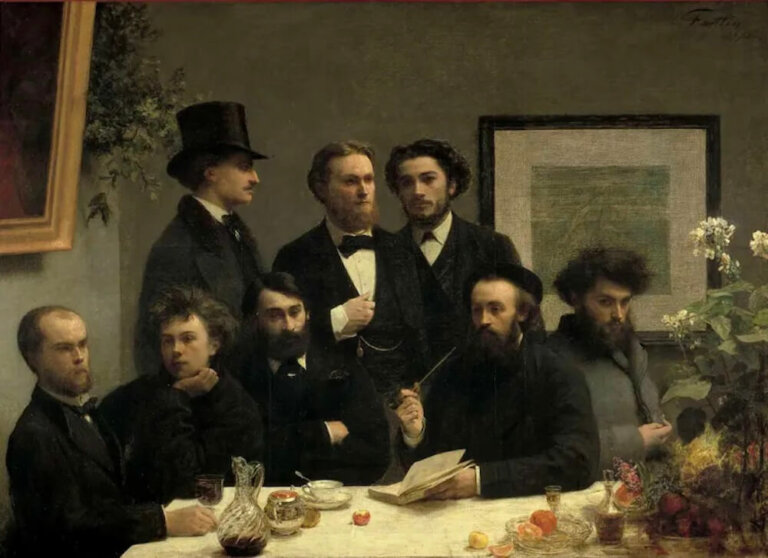Cannabis in Lebanon: a legendary hashish
List of contents
Traditionally, Lebanon has been one of the hot spots for cannabis cultivation and hashish production in the Middle East. Until about 1970, the region was known for its prosperity, being the financial center of the entire area; Not surprisingly, Lebanon came to be known as the Switzerland of the Middle East. Hit by a bloody civil war between 1975 and 1990, the economic situation has not been the same since then, partly encouraging many growers to take the risk of choosing marijuana as their main source of income.
Lebanon has been inhabited since prehistoric times and has been influenced by various civilizations over the centuries, including the Phoenicians, the Greeks, the Romans, the Arabs, the Ottomans, and the French. During World War II, Lebanon was occupied by France and then by Great Britain.
In 1943, Lebanon gained its independence from the French mandate and became a republic. However, despite its complicated situation during the 20th century, Lebanon has continued to be a point of reference in terms of cannabis cultivation and hashish production. In this article, we tell you more about this country and its cannabis translation.
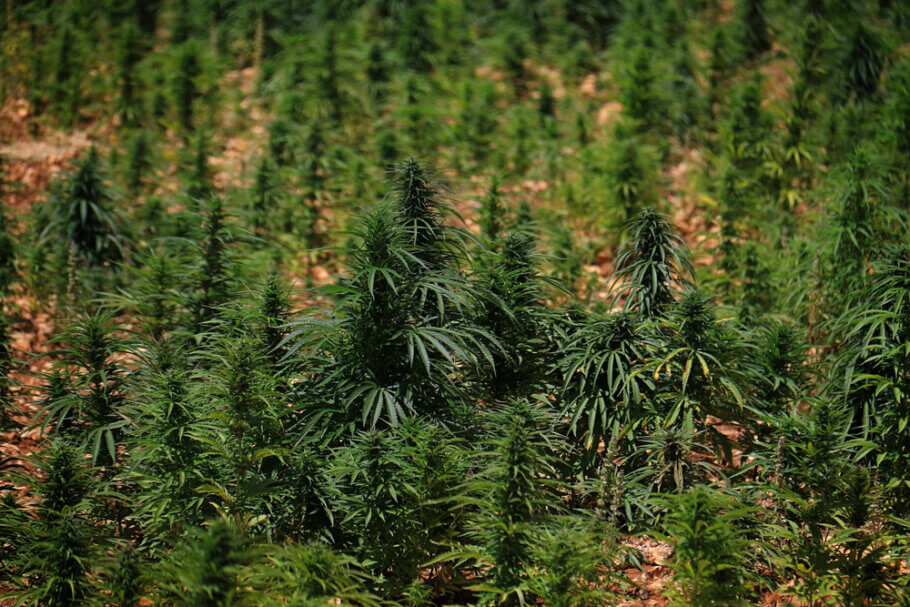
Traditional cannabis cultivation in Lebanon
The debate about where dry sieving cannabis resin to obtain hashish was born is as interesting as it is historical. Afghanistan or Lebanon? Where did dry-screened hashish come from? Traditionally, hashish had been obtained by rubbing fresh flowers (what would come to be called charas).
However, with the boom in demand from the 15th century, dry screening became the most popular method to produce hashish, being much more effective than the previous one. Its only drawback: it was difficult to use this method in humid areas such as northern India or Nepal, so it was in areas such as Afghanistan or Lebanon where this method of separating the resin glands really came to life and eventually became the main production technique of hashish.
Although Lebanon has never been one of the main cannabis-producing countries, traditionally - also today - it has been one in terms of hashish production, which shows that most of the marijuana grown in this region is destined for the production of this resin concentrate. Before Morocco became the undisputed king in terms of tons produced per year, Afghanistan and Lebanon were fighting for number 1 on the list of top hashish-producing countries, where Pakistan and India also usually appear.
Origins and evolution of Moroccan hashish
Traditionally, and before people started to grow their own pot in Spain, Morocco had become the main source of hashish for most European countries. While hashish production in Morocco dates back only some decades, since the 60s it has become - along with Afghanistan - one of the major world producers of this cannabis resin concentrate. In this article we tell you more about the origins of Moroccan hashish and the evolution experienced during the past years.
Of course, Lebanon became one of the obligatory stops for pilgrims on the Hippie Hashish Trail during the 1960s and 1970s. It was a route followed by backpackers, adventurers, and, ultimately, Western tourists traveling from the Middle East to Central Asia visiting the main cannabis and hashish production areas...
Doesn't sound like a nightmare vacation, does it? Thanks to these pilgrims, Lebanese hashish reached a level of fame comparable to that of Nepalese Temple Balls or the Afghan product, especially in terms of "Lebanese Red", which we will talk about later.
The Bekaa Valley, a marijuana paradise
The Bekaa Valley - sometimes spelled Beqaa - is a region in eastern Lebanon that stretches from the Litani River to the Syrian border. It is known for its hot climate and fertile land, making it an important agricultural area in Lebanon. The Bekaa valley is known to be a producing region of barley, wheat, fruits, and vegetables. Interestingly, it is also famous for its wine production, as it has several wineries and a winemaking tradition that dates back to the time of the Phoenicians.
However, the Bekaa Valley has also been the scene of various political and civil conflicts over the years. During the Lebanese Civil War, the Bekaa Valley was a clash zone between the different armed factions. Subsequently, it has also been a zone of operations for extremist groups during the civil war in Syria.
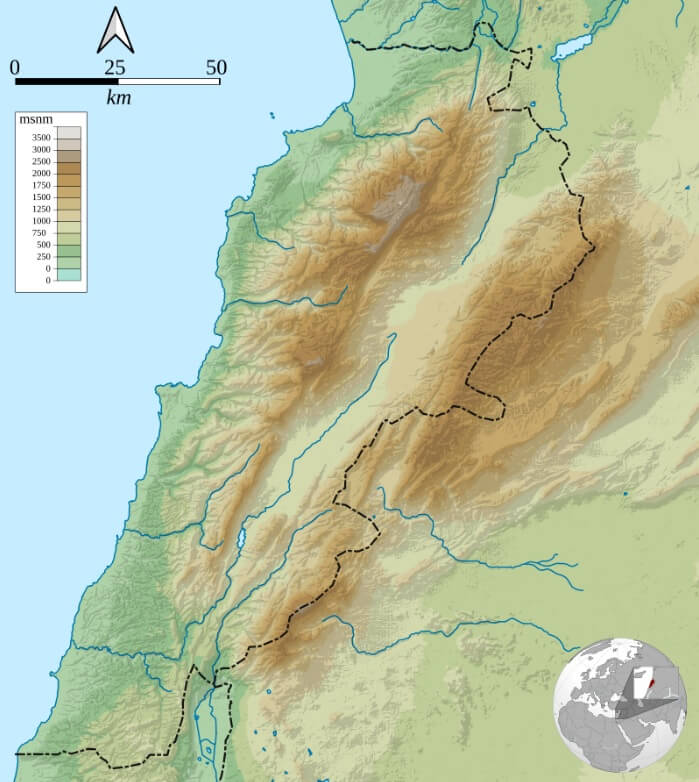
In terms of drug production, the Bekaa Valley has historically been an important area for cannabis cultivation and hashish production in Lebanon, despite being illegal. Poverty and lack of economic opportunities in some rural Bekaa communities have led some farmers to produce hashish for a livelihood. While the Lebanese government has been laxer at certain times, in recent years it has taken steps to combat hashish production in the Bekaa, something that remains a major challenge.
According to reports, most of Lebanon's hashish production is concentrated in this region, known for its hot climate and fertile soils, ideal conditions for marijuana. As we know, hashish production is illegal in Lebanon, although the authorities often turned a "blind eye" as many rural communities in the Bekaa have traditionally been economically dependent on hashish production. The situation worsened for growers during the Syrian crisis starting in 2011, as various armed groups fought to gain control of production and thus finance their activities.
The good news: in April 2020, the Lebanese parliament voted in favor of a law approving the cultivation, production, and sale of cannabis for medicinal purposes, a first step already taken by other countries where, sooner rather than later, recreational use has also been legalized. We will see how the situation in Lebanese territory evolves in the future.
[product tipus="fitxa" ids="9765,16959,14796"]
Lebanese hashish: a delicatessen with a centuries-old tradition
As we have commented, at the time (still today for many nostalgic) Lebanese hashish was one of the best concentrates of this type that could be found. With its characteristic reddish color, its spicy and earthy flavor, and the powerful effect it causes, it soon became a product sought after by the most demanding aficionados.
Undoubtedly, the good work of Lebanese artisans and the good quality of their genetics led to the success of their hashish, which became one of the favorites of Western tourists who ventured to discover the main producing areas of the world.
Much has been written about the possible origin of this particular red color of this hash, from genetic issues or cannabinoid/terpene content to climate conditions or drying methodology. The truth is that, to this day, is still not clear, since Lebanese blonde hashish also reached a certain level of fame for its quality, in many cases also produced in the Beqaa valley. Sometimes, there are things that are better to remain a mystery...
Happy harvest!
----------------------------------------------------
References:
- Medical Cannabis in Lebanon: History & Therapeutic, Ethical, and Social Challenges. A Narrative Review, Battoul Fakhry, Mostafa Abdulrahim, Mirna N Chahine
- Legalizing Medical Cannabis in Lebanon: the Complex Interface Between Medicine, Law, Ethics, and Economics, Joseph El-Khoury, Rami Bou Khalil, Anthony Nemer, Sami Richa
- Hashish!, Robert C. Clarke


